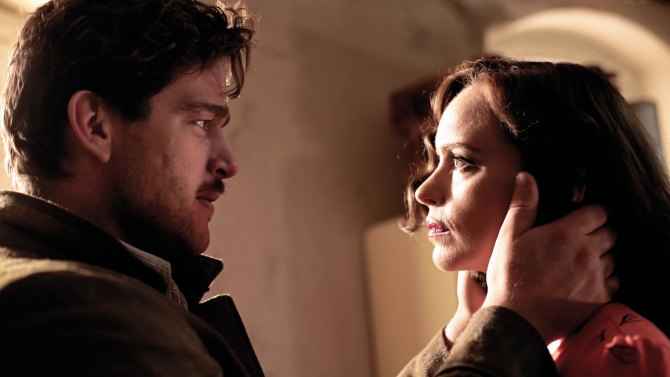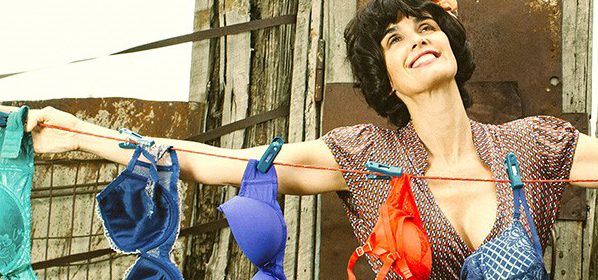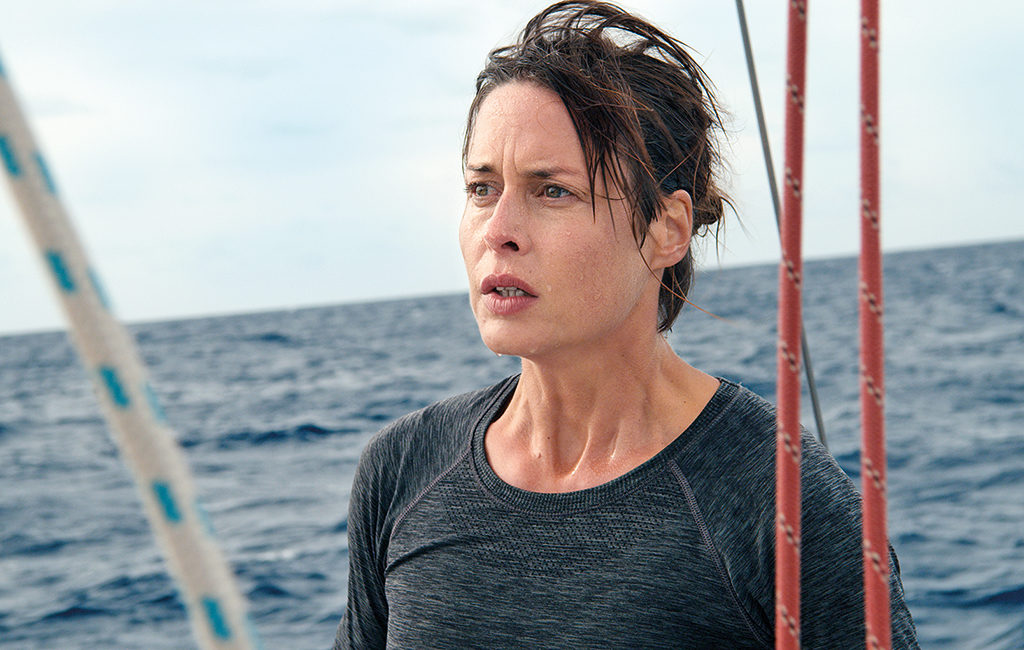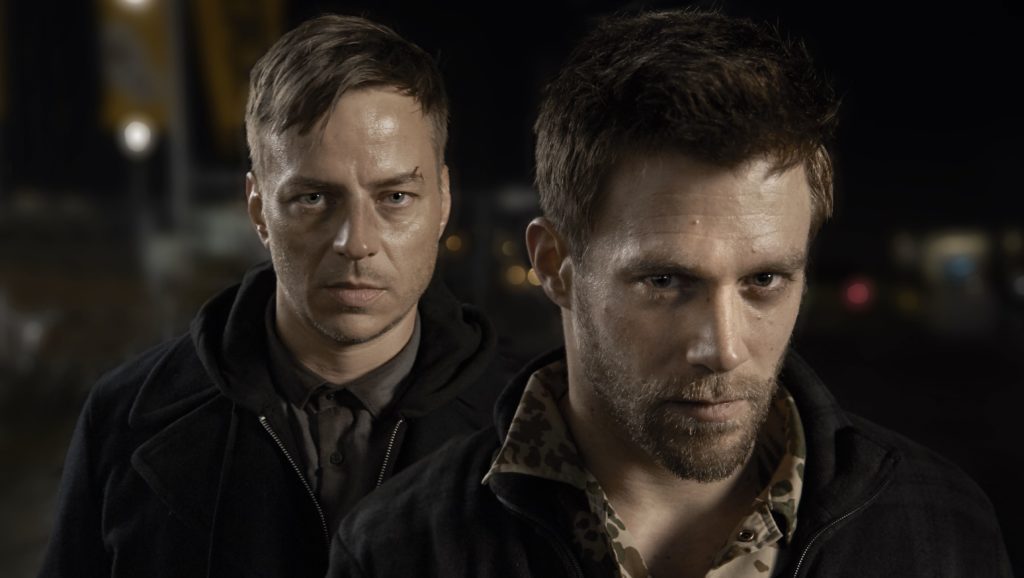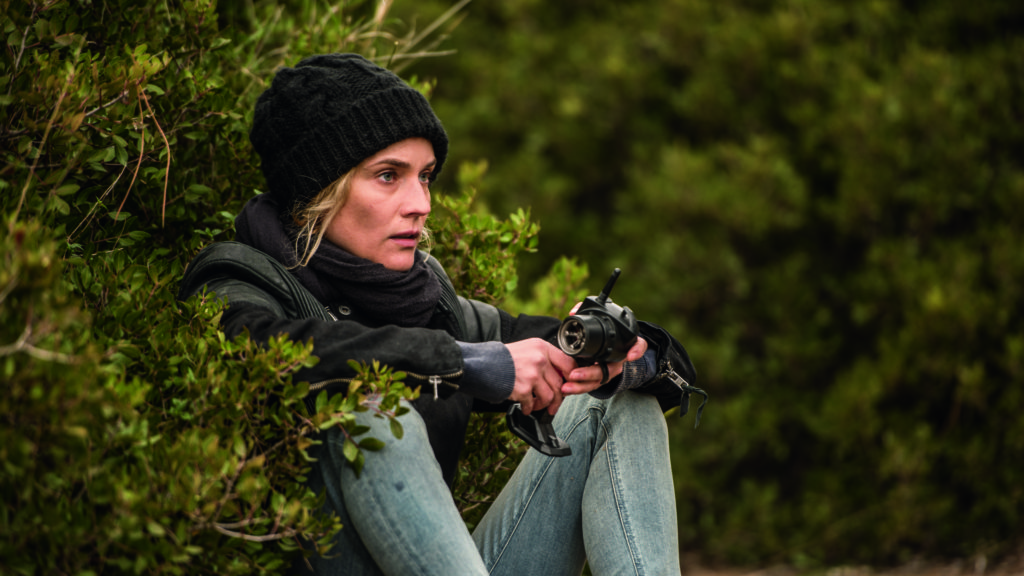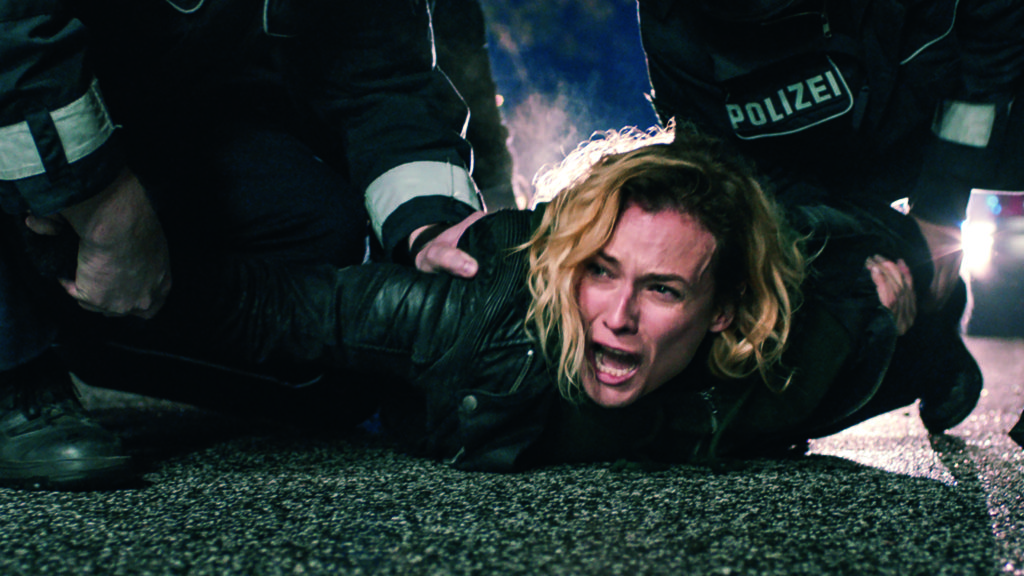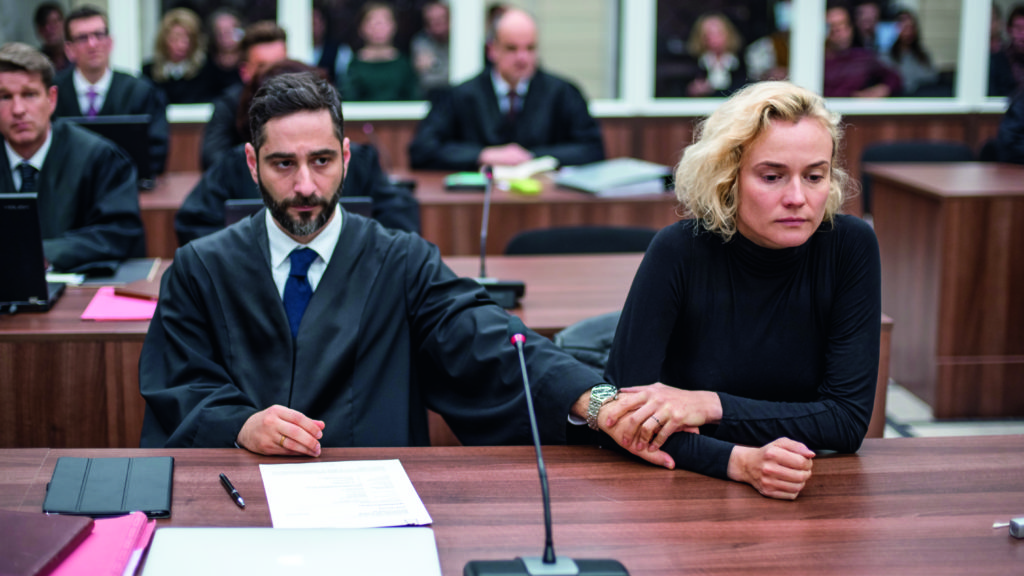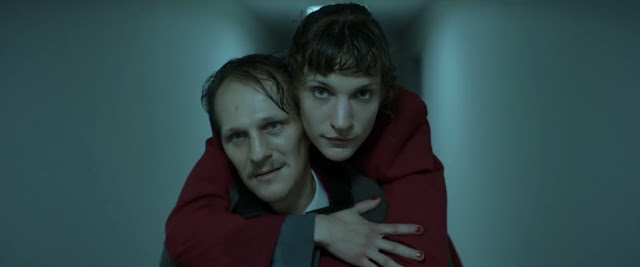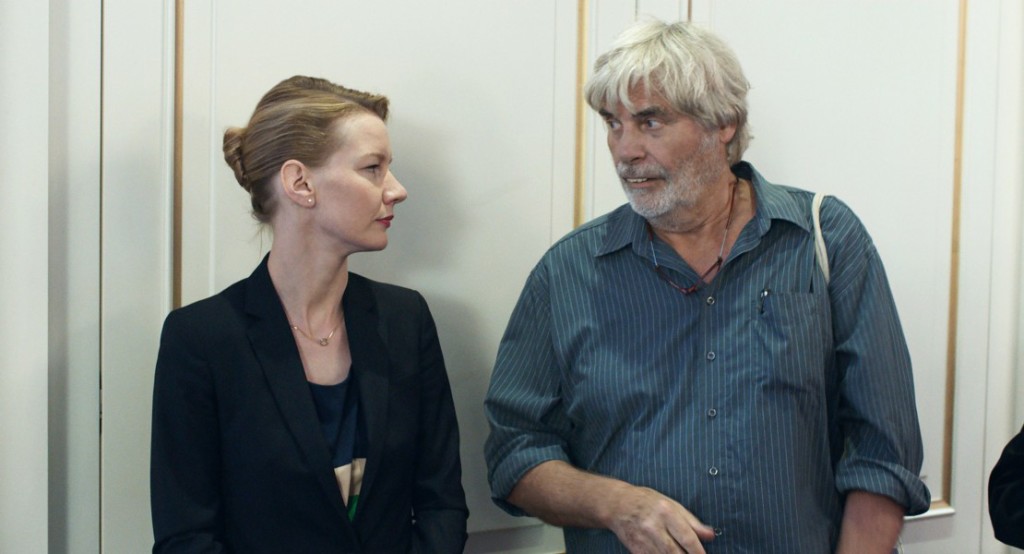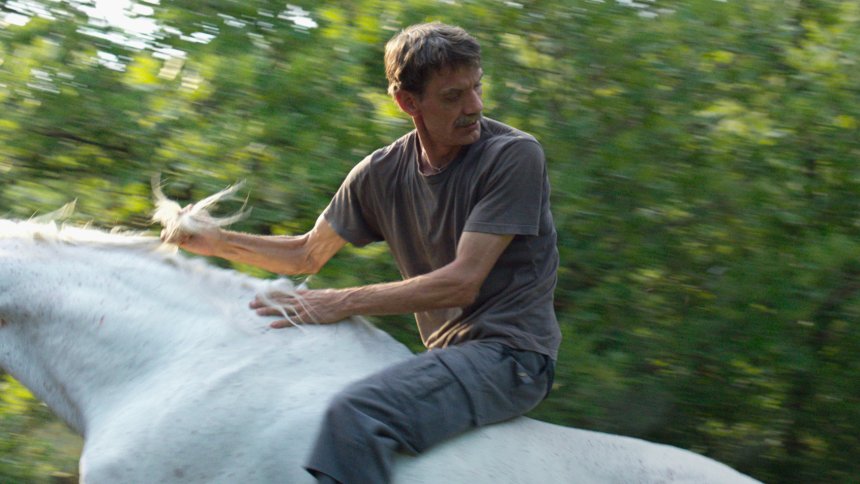
In the evocative and thought-provoking German drama Western, a crew of German hardhats sets up a construction camp on a remote Bulgarian mountainside to build a water power plant. They aren’t cultural tourists and certainly not diplomats, and they see the nearby Bulgarian village as a distraction from, even an impediment to, their project. Of the Germans, only Meinhard (Meinhard Neumann) seeks out contact with the Bulgarians.
Writer-director Valeska Grisebach lets the audience connect the dots about what’s going on. The Germans and the Bulgarians have encounters at the camp, at the riverside swimming hole and in the village. As one would expect from any modern German filmmaker, Grisebach shines a harsh light on the German sense of superiority and entitlement. One German even says, “They know we’re back. 70 years later, but we’re back.” But the characters have dimension. The blustery project boss Vincent (Reinhardt Wetrek) is an asshole, but even he has his own personal and job problems.
Of the Germans, only Meinhard makes Bulgarian friends. Meinhard is a loner among his co-workers, yet he seems to be searching for something among the Bulgarians and their alien language and culture. Meinhard is well-traveled and looks like he Has Lived a Life. He’s not a misfit (he’s very functional), but he hasn’t found where he DOES fit.
What has caused Meinhard’s alienation? That’s not clear, but it doesn’t need to be. Hell, Jack Nicholson just shows up alienated in every movie from Five Easy Pieces through The Passenger, and that works out just fine.
Meinhard has no ties. Asked if he is homesick, he queries, “what is homesick?” He thrives in the simpler culture, and this solitary man finds himself becoming social. He develops a deep trusting friendship with a local leader, Adrian (Syuleyman Alilov Letifov).
We have the advantage of subtitles, so we know what is being said in German and in Bulgarian. The characters are not understanding about 90% of what is spoken in the other language. The friendship between Meinhard and Adrian transcends language. The highlight of Western is a beautiful dialogue in which the two don’t understand all (or even most) of each other’s words.
Meinhard goes native. Will it work out for him? The Germans and the Bulgarians learn that they are competing for the same scarce resource. The Germans are always on the verge of provoking a riot. The insular Bulgarians are wary of strangers.
Western is not a brisk movie, but Grisebach paces it just about perfectly. This character-driven story is a sequence of revelations, and we need Grisebach to take her time. Grisebach uses the handheld camera effectively to plunge us right into the experience of the characters, who are often trying to discover something about the other guys.
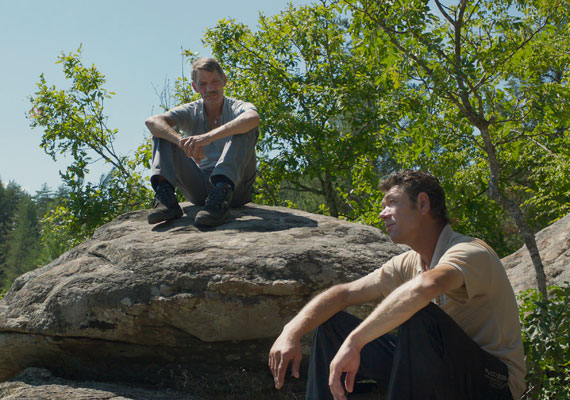
So that’s what is on the screen. I was astounded to learn that Grisebach used no professional actors in Western. She reportedly auditioned 600 working folks to get her cast. She snagged two sublime natural talents in Meinhard Neumann and Syuleyman Alilov Letifov. Not only that, but Grisebach did not use a script.
Quoted by Stefan Dobroiu in Cineuropa, Grisebach said, “I wanted to get closer to the solitary, inflated, often melancholic male characters of the western.” Grisebach may not have intended it, but she nailed the Going Native subgenre of Westerns, where a first world man becomes immersed into a native culture, which he ultimately embraces. Examples include A Man Called Horse and Dances with Wolves.
I saw Western in October at Cinema Club Silicon Valley. It played the Cannes and Toronto film festivals in 2017. Western can be streamed from Amazon (included with Prime), iTunes, YouTube and Google Play.

